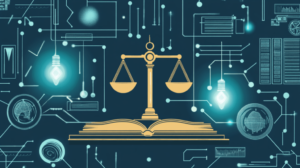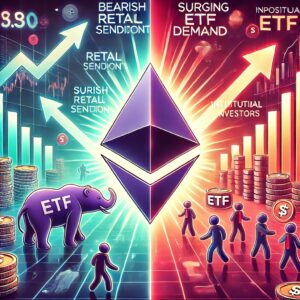

TikTok said on Sunday that it had taken action against disinformation, following EU demands after Hamas’ attack on Israel.
On Thursday, Thierry Breton, the bloc’s chief of the internal market, gave the platform a 24-hour deadline to introduce measures that counter the spread of hate speech and misinformation related to the conflict.
“TikTok has a particular obligation to protect children & teenagers from violent content & terrorist propaganda — as well as death challenges & potentially life-threatening content,” Breton tweeted.
In an accompanying letter, he urged the app’s CEO, Shou Zi Chew, to “step up efforts” and to ensure compliance with the EU’s Digital Services Act (DSA) — the union’s landmark content-moderation rulebook, which includes anti-disinformation requirements.
#TikTok has a particular obligation to protect children & teenagers from violent content & terrorist propaganda —as well as death challenges & potentially life-threatening content.#DSA sets out very clear obligations TikTok must comply with.
Letter to TikTok CEO Shou Zi Chew⤵️ pic.twitter.com/J1tpVzXaYR
— Thierry Breton (@ThierryBreton) October 12, 2023
In response, TikTok declared its stance against terrorism and said it’s removing “violative content and accounts.” Up until Sunday, it had removed over 5,000 videos and closed 8,000 livestreams.
“We are shocked and appalled by the horrific acts of terror in Israel last week. We immediately mobilised significant resources and personnel to help maintain the safety of our community and integrity of our platform,” the company said in a statement.
The social media platform detailed a series of additional measures, including the launch of a command centre, improved automated detection systems to identify new threats, and the increase of moderators who speak Arabic and Hebrew to review content related to the events.
Alongside TikTok, the EU has issued similar warnings (and letters) to Meta, YouTube, and Musk’s X (aka Twitter), into which it also opened a probe. Both X and Meta have set out new steps of action, while Google has yet to provide an official statement.
Under the DSA, all four social media are designated as “very large online platforms,” which means they’re subject to the legislation’s strictest rules. It also means that they’re obliged to remove content that’s flagged as illegal or harmful by the EU, as Breton’s letter remarks.
The EU’s response to the platforms’ practices in the light of Hamas’ attack on Israel has now shown that the bloc is determined to take full advantage of the DSA’s power and reshape content moderation practices, which have historically been directed by big tech.





